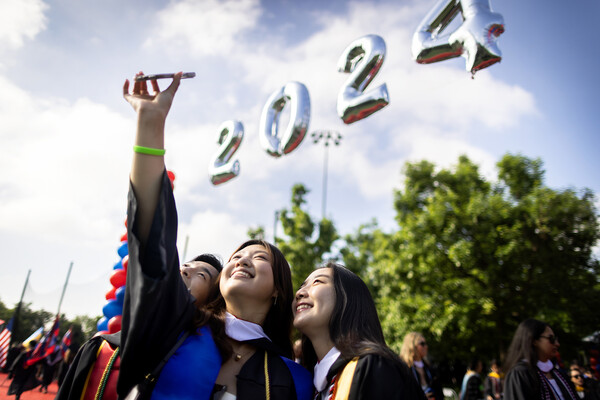Vouchers for parochial school no sin
BY MATTHEW MILLER
For fifth-graders at San Raphael school in South Central Los Angeles, the topic was biology. The teacher looked out at 30 eager black and Latino faces.
Who remembers what natural selection is? she asked. A sea of hands flew up.
Its, like, a trait passed on in the genes that helps them survive, answered one boy.
Good. And who remembers the name of that guy who came up with this theory? she continued.
Charles Darwin, answered another boy.
Now came the tough part. What about the Bible vs. Darwin? The kids were ready.
You can believe either way, said one girl. It doesnt matter which you believe, said another.
The teacher nodded, smiling. Science and religion can go hand-in-hand. They dont have to be in conflict. If we came up from the apes, she added, thats OK with me, because who created the apes?
God! the kids cried in unison.
If that catechism seems as reasonable to you as it did to this Jew who watched it, you should be outraged that a judge is threatening to throw out Clevelands pilot voucher program for violating the separation of church and state. No one complains when students use federal student loans to go to Notre Dame. But soon poor Cleveland families who use a city-financed $2,500 voucher for parochial school tuition may be told theyre constitutionally obliged to keep their kids in failing public schools.
The right way to run a school
Parochial schools are not a panacea, but theyre hardly a vanguard for the popes takeover of America, either.
Take San Raphael. Forty percent of its students arent even Catholic. Their main reason in coming is security, the Rev. Tracy OSullivan told me. Education is second, religion is third.
San Raphaels kids come from the same low-income (and often troubled) homes as those in nearby public schools, yet they score significantly higher on standardized tests. These results come even as this school spends $2,000 per pupil vs. $5,400 at the public.
How do they do it? As many public school reformers urge, Catholic schools are given enormous autonomy to shape their academic program but get held accountable for results. They have fewer administrators, and lower-paid teachers (San Raphaels earn $26,000 on average, $10,000 less than at already low-paying public schools). Father OSullivan quips that they save money by being understaffed and underequipped. He scrambles for grants for computers.
Theres no social promotion at San Raphael. If you havent mastered the material, you repeat the grade. Get in a fight and youre suspended.
Religion beats the status quo
To be sure, theres lots of religion. God forgives us when we are sorry, says a typical classroom poster. Another of a bunny with the slogan Jesus Loves Me adorns a door. Theres one religious class every day; the one I saw featured a discussion of values like respect and responsibility.
Is the use of public money at such schools more offensive than the status quo?
Imagine youre poor. The public school to which your kids are assigned doesnt work and isnt safe. You cant afford to move to the suburbs. What would you do? Id fight to send my daughter to an oasis like San Raphael in a second. Id teach her why we viewed the religious specifics differently at home.
But theres no contradiction between giving some kids a lifeline through much bigger voucher trials while simultaneously working to improve the public schools. Who are the constitutionalists kidding? We already give religious institutions special tax exemptions and other indirect public subsidies. If parents make that choice, vouchers for parochial schools are no sin.
Matthew Miller is a senior fellow at the Annenberg Public Policy Center and a contributor to The New Republic.
- Whats bugging you? You can contribute a column on a general interest or University-related subject. Call us first, 215-898-1426, or e-mail us.







